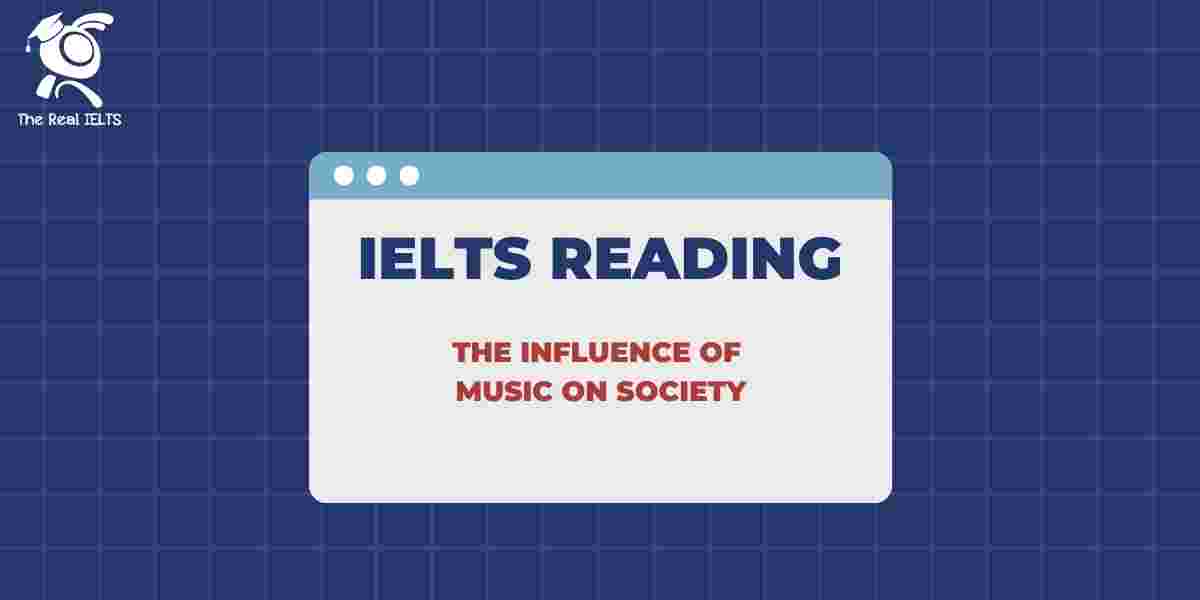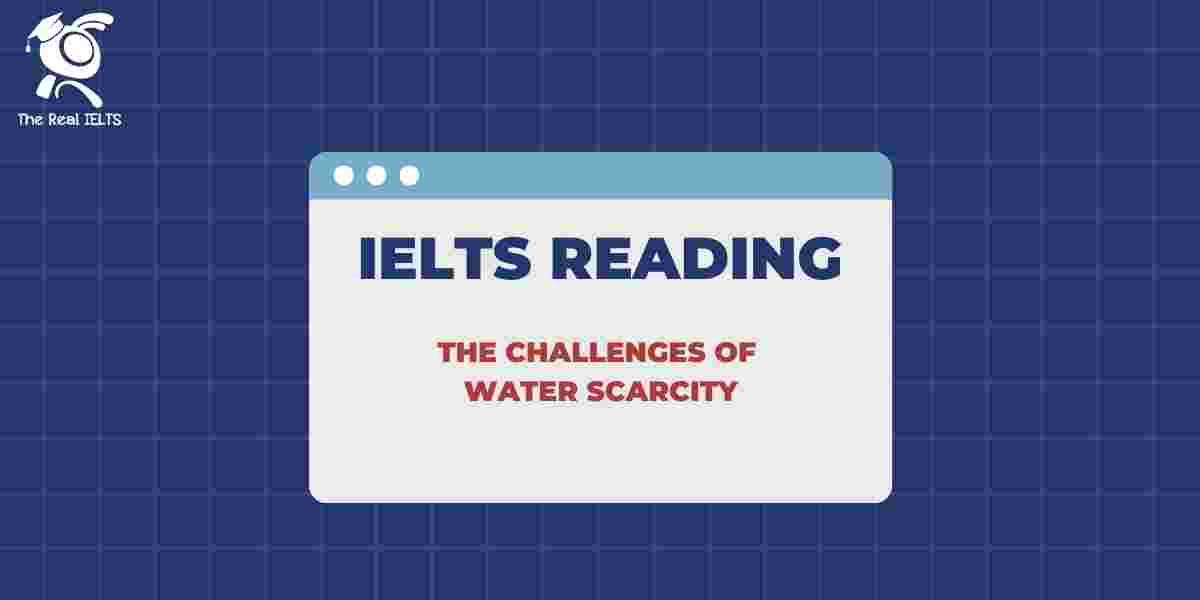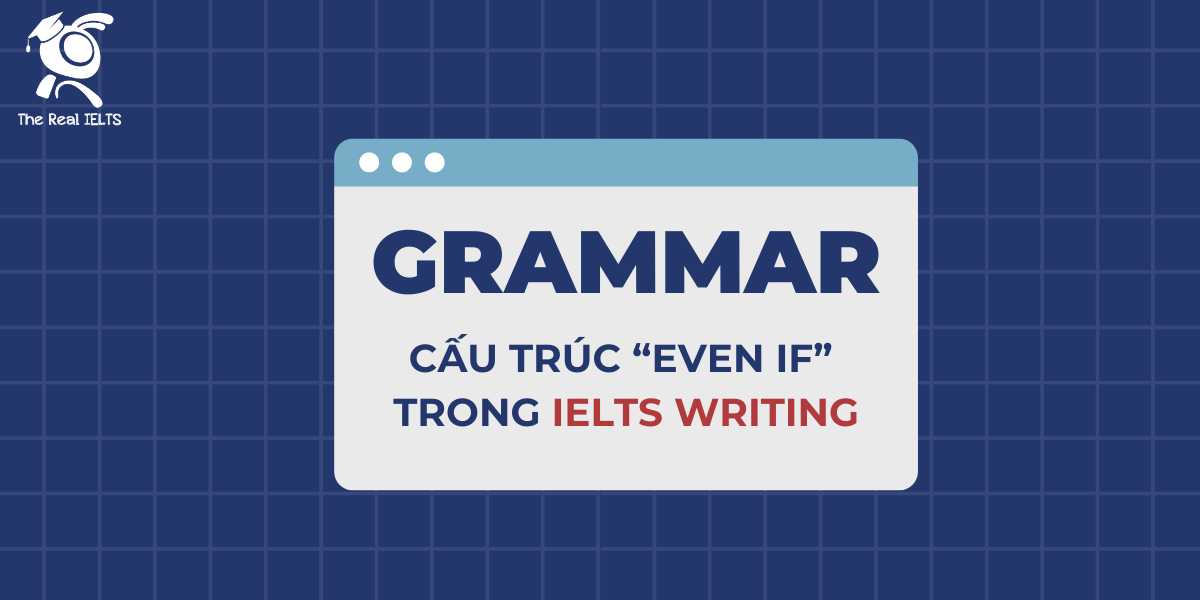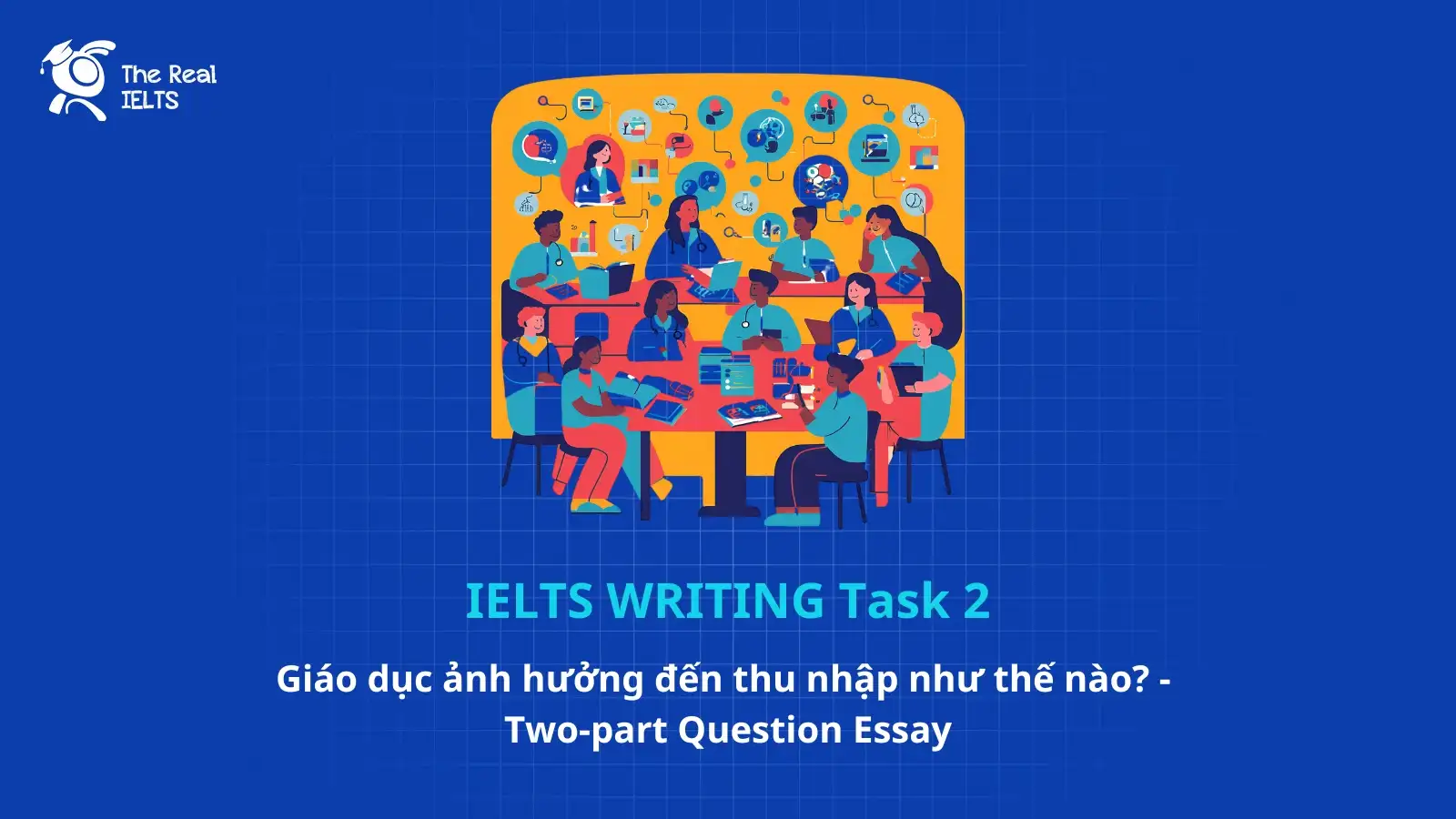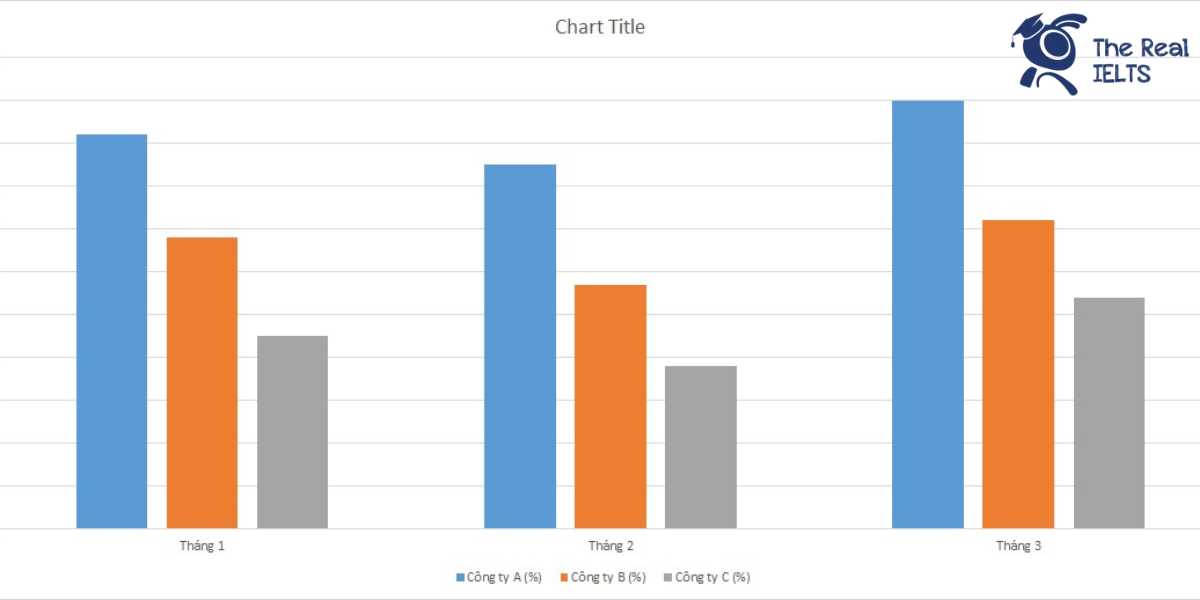Đề thi IELTS Reading có tiêu đề “The Influence of Music on Society”
Nhớ đọc thêm các bài luyện thi IELTS nhé.
IELTS Reading:”The Influence of Music on Society“
The Influence of Music on Society
Music has always been a fundamental aspect of human culture, serving as a universal language that transcends boundaries of geography, time, and culture. Its influence on society is profound, shaping identities, creating social bonds, and driving cultural evolution. The impact of music on human behavior, emotions, and social interaction reveals its essential role in societal development, from rituals in ancient civilizations to contemporary global entertainment industries.
One of the most significant influences of music on society is its ability to shape cultural identity. Throughout history, music has been a vehicle for expressing the values, beliefs, and stories of communities. For example, traditional folk music, whether in Africa, Asia, or Europe, reflects the historical experiences, struggles, and aspirations of the people. In modern times, genres like hip-hop, jazz, and rock have emerged as powerful expressions of social movements, encapsulating the struggles for civil rights, freedom, and equality. Music becomes a marker of identity, enabling individuals and communities to distinguish themselves and communicate their unique experiences to the broader society.
Moreover, music fosters social cohesion by bringing people together in shared experiences. Festivals, concerts, and other musical events create communal spaces where individuals of different backgrounds come together in a collective experience. The power of music to unite is evident in large-scale events like Live Aid, where musicians from around the world collaborated to raise awareness and funds for global causes. These events demonstrate music’s potential to transcend individual differences and create a sense of unity among people, regardless of race, religion, or nationality.
The influence of music on human emotions and behavior also extends to various social functions. Music is often employed in rituals and ceremonies, such as weddings, funerals, and religious gatherings, where it sets the tone and enhances the emotional experience of participants. In these settings, music serves as a bridge between the spiritual and material worlds, facilitating connection and communication. Additionally, in modern society, the therapeutic potential of music is widely recognized in fields like psychology and medicine. Music therapy is used to treat mental health conditions such as depression, anxiety, and PTSD, demonstrating its profound impact on individual well-being.
Furthermore, the relationship between music and social change is undeniable. Throughout history, music has played a pivotal role in mobilizing people for collective action. The civil rights movement in the United States, for instance, was closely linked with songs that expressed the hopes and demands of activists. Tracks like “We Shall Overcome” became anthems that inspired unity and resilience. In contemporary times, music continues to be a tool for activism, with artists using their platforms to address issues like climate change, social justice, and political corruption.
However, it is important to acknowledge that the influence of music on society is not always positive. In some cases, certain types of music have been associated with antisocial behavior, violence, or the promotion of negative stereotypes. For example, some forms of gangsta rap have been criticized for glorifying criminal lifestyles and perpetuating harmful narratives about marginalized communities. While it is essential to recognize artistic freedom, it is equally important to consider the societal implications of the messages that music conveys.
In conclusion, the influence of music on society is multifaceted, encompassing cultural identity, social cohesion, emotional well-being, and social change. Music’s role in shaping collective identities and creating shared experiences highlights its enduring significance in human life. As society continues to evolve, music remains a powerful force that reflects, shapes, and transforms the cultural landscapes in which we live. Its capacity to evoke emotions, unite people, and drive social change ensures that music will continue to play a central role in society for generations to come.
Đề bài thi IELTS Reading
Multiple Choice (Câu hỏi trắc nghiệm)
- What is one of the primary roles of music in society? A. Entertainment
B. Economic growth
C. Shaping cultural identity
D. Scientific discovery - Which of the following genres has been linked to social movements? A. Classical
B. Pop
C. Hip-hop
D. Country - How does music foster social cohesion? A. By encouraging competition
B. Through shared experiences like festivals
C. By promoting individualism
D. Through financial contributions - Which example is given for music’s role in global events? A. The World Cup
B. Live Aid
C. The Olympic Games
D. The United Nations conferences - How is music used in psychological and medical fields? A. For conducting research
B. As a diagnostic tool
C. As part of music therapy
D. For fundraising purposes - What type of music has been criticized for promoting negative stereotypes? A. Pop music
B. Classical music
C. Gangsta rap
D. Jazz - Which of the following is a negative influence of music on society? A. Promoting unity
B. Encouraging activism
C. Glorifying harmful lifestyles
D. Supporting charitable causes
True/False/Not Given (Xác định thông tin đúng, sai hay không được đề cập)
- Music has no impact on shaping cultural identity.
True / False / Not Given - All types of music are beneficial to society.
True / False / Not Given - Music is only significant in modern societies.
True / False / Not Given - Music is always used positively in social movements.
True / False / Not Given - Music therapy can help treat conditions like PTSD.
True / False / Not Given - Live Aid was held to raise awareness about environmental issues.
True / False / Not Given - Traditional folk music is no longer relevant in today’s society.
True / False / Not Given
Yes/No/Not Given (Quan điểm của tác giả)
- The author believes that music is a universal language.
Yes / No / Not Given - The author agrees that music can unite people from different backgrounds.
Yes / No / Not Given - The author thinks that all forms of music are equally influential.
Yes / No / Not Given - The author is neutral about the negative influence of music.
Yes / No / Not Given
Matching Information (Nối thông tin với đoạn văn)
- Which section mentions music’s role in traditional rituals?
A. Introduction
B. Music and Cultural Identity
C. Music in Social Cohesion
D. Music in Social Change - Which section discusses the therapeutic use of music?
A. Introduction
B. Music and Emotions
C. Music in Activism
D. Conclusion
Matching Headings (Nối tiêu đề với đoạn văn)
- The cultural significance of music
- Music as a tool for social unity
- The psychological impact of music
- Controversial aspects of music’s influence
- Music and global activism
Matching Features (Nối đặc điểm)
- Traditional music represents:
A. Social bonding
B. Spiritual connection
C. Historical experiences
D. Scientific research - Music in social movements:
A. Is mainly for entertainment
B. Drives economic development
C. Inspires collective action
D. Promotes individualism - Gangsta rap has been associated with:
A. Positive community building
B. The promotion of stereotypes
C. Environmental activism
D. Classical music influences
Matching Sentence Endings (Nối phần đầu và phần cuối câu)
- Music is significant in cultural identity because…
A. it enhances psychological well-being.
B. it reflects the values and stories of communities.
C. it is used in modern medical treatment.
D. it transcends geographical boundaries. - Music therapy is effective in…
A. raising funds for charities.
B. uniting people at events like Live Aid.
C. treating mental health conditions.
D. promoting harmful stereotypes.
Sentence Completion (Hoàn thành câu)
- Traditional folk music often reflects ______.
- Live Aid is an example of how music can be used to ______.
- In some cases, gangsta rap has been criticized for ______.
- Music therapy is commonly used to treat ______.
- Music is a powerful tool for ______ in social movements.
Summary Completion (Hoàn thành bản tóm tắt)
36-38. Complete the summary with words from the text.
Music plays an important role in shaping ______ (36) identity, reflecting the values and histories of communities. It also fosters ______ (37) by bringing people together in shared experiences such as festivals and concerts. Additionally, music has a powerful influence on emotions and is used in ______ (38) to treat mental health issues.
Short Answer Questions (Câu hỏi trả lời ngắn)
- Which genre of music is linked with civil rights movements?
- What is an example of a global event where music united people for a cause?
Đáp án bài thi IELTS Reading
Multiple Choice (Câu hỏi trắc nghiệm)
- C
- C
- B
- B
- C
- C
- C
True/False/Not Given (Xác định thông tin đúng, sai hay không được đề cập)
- False
- False
- False
- False
- True
- False
- Not Given
Yes/No/Not Given (Quan điểm của tác giả)
- Yes
- Yes
- No
- No
Matching Information (Nối thông tin với đoạn văn)
- B
- B
Matching Headings (Nối tiêu đề với đoạn văn)
- B
- C
- D
- A
- E
Matching Features (Nối đặc điểm)
- C
- C
- B
Matching Sentence Endings (Nối phần đầu và phần cuối câu)
- B
- C
Sentence Completion (Hoàn thành câu)
- historical experiences
- unite people for a cause
- promoting harmful stereotypes
- mental health conditions like PTSD
- inspiring collective action
Summary Completion (Hoàn thành bản tóm tắt)
- cultural
- social cohesion
- therapy
Short Answer Questions (Câu hỏi trả lời ngắn)
- Hip-hop
- Live Aid
Luyện tập bài khác ở bài viết:”100 bài luyện IELTS Reading 2024 – 2025“


